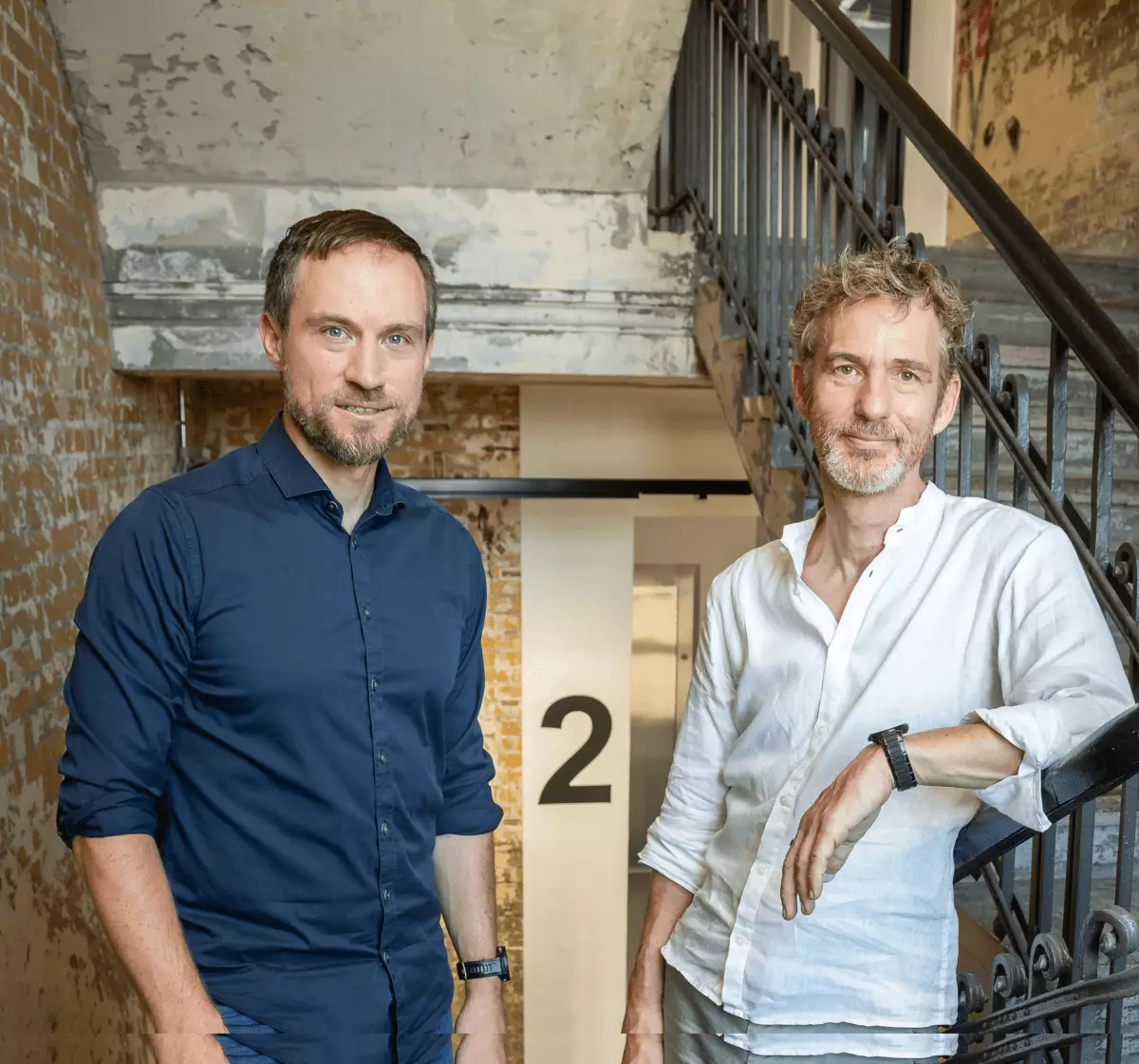In a notable shift for Berlin’s renowned language-learning platform Babbel, CEO Arne Schepker has announced his departure after nearly five years at the helm. His decision to step down is not merely a change in leadership but reflects his contemplation of the responsibilities that come with the role. Schepker’s assertive statement about the commitment required to lead—180 percent, as he put it—speaks volumes about the intensity and dedication expected of a top executive. His departure comes as an opportunity for introspection, paving the way for a fresh perspective in an evolving business landscape that increasingly incorporates artificial intelligence (AI).
Schepker’s journey with Babbel began in 2015 when he joined as Chief Marketing Officer, later transitioning to CEO. Under his leadership, the company experienced substantial growth, ballooning its revenue sixfold to approximately $300 million. However, despite this impressive trajectory, Schepker expressed a sense of fatigue with traditional business operations, indicating that he felt a disconnect between the regular tasks, such as budgeting and setting objectives, and his personal aspirations. His acknowledgment that he is ready to prioritize family and personal travel for the year ahead illustrates a leader who values work-life balance.
With Schepker’s departure, co-founder Markus Witte will step in as Executive Chairman and Managing Director, leading the organization during this transitional phase. Witte’s familiarity with the company, coupled with his foundational knowledge about Babbel’s core mission, positions him uniquely to guide the company towards the integration of AI technologies in language learning. His acknowledgment that the firm is entering a new phase aligns with the industry’s ongoing evolution, as AI technologies rapidly transform educational paradigms.
Witte’s decision not to claim the CEO title outright but instead to assume a broader leadership role emphasizes a strategic approach to management. This thoughtful transition might benefit Babbel, particularly as Witte can draw on past experiences to inspire innovation while maintaining stability—a critical balance in times of change. His understanding of AI’s potential to enhance language learning within the structures established by the company is particularly commendable.
A significant theme emerging from this transition is Babbel’s approach to technological integration. Witte has expressed optimism about the potential of AI to catalyze language learning strategies that were previously beyond reach. The company has historically emphasized human expertise in course creation, setting itself apart from competitors in the field. Yet, as Witte points out, urgency prevails in adapting to rapid technological advancements. This awareness shapes the company’s future strategy, allowing them to leverage AI while remaining grounded in their educational ethos.
The convergence of Babbel’s established pedagogical framework with cutting-edge AI tools sets the stage for unprecedented developments in language acquisition. Witte’s vision encapsulates a thoughtful blend of human insight and technological innovation, which could lead to personalized learning experiences that resonate more deeply with users.
Navigating through the challenge of aligning the brand’s traditional values with the demands of future technology requires a clear vision. Both Schepker and Witte have reiterated that the essence of Babbel lies in its commitment to addressing human language learning—engaging users in meaningful conversations across cultures. Witte’s aspiration to create more “moments of delight” for employees and users exemplifies a human-centered approach that seeks joy amidst the complexities of learning environments. This focus on emotional intelligence in the workplace, alongside user engagement, can foster a supportive culture that resonates positively throughout the organization.
Additionally, it’s crucial for Babbel to remain adaptable amidst the ever-changing technological landscapes. With language modeling and AI applications evolving at breakneck speed, the ability to pivot strategies and embrace uncertainty will be essential for future growth. Companies of Babbel’s stature cannot afford to rest on their laurels, as innovative strategies will form the bedrock for sustained success.
Babbel stands at a pivotal juncture, embracing the opportunity for change that comes with leadership transition and technological evolution. As Markus Witte assumes a central role once more, his vision for integrating AI into the fabric of language learning has the potential to redefine user engagement and course design. The journey forward will not only involve refining educational methods but also ensuring a balance of human connection that is integral to effective learning. Babbel is poised to navigate this complex landscape, fueled by a commitment to excellence in language education and a promise to its learners. The company’s next phase is not merely about adapting to new technologies; it’s about enhancing the human experience through thoughtful, innovative practices.

